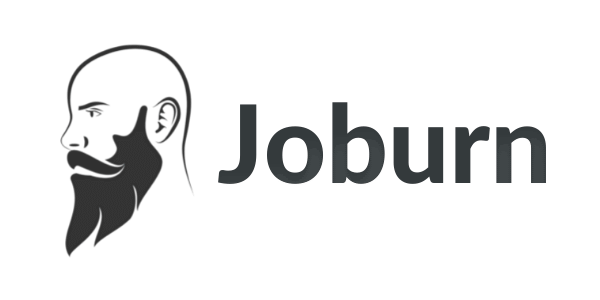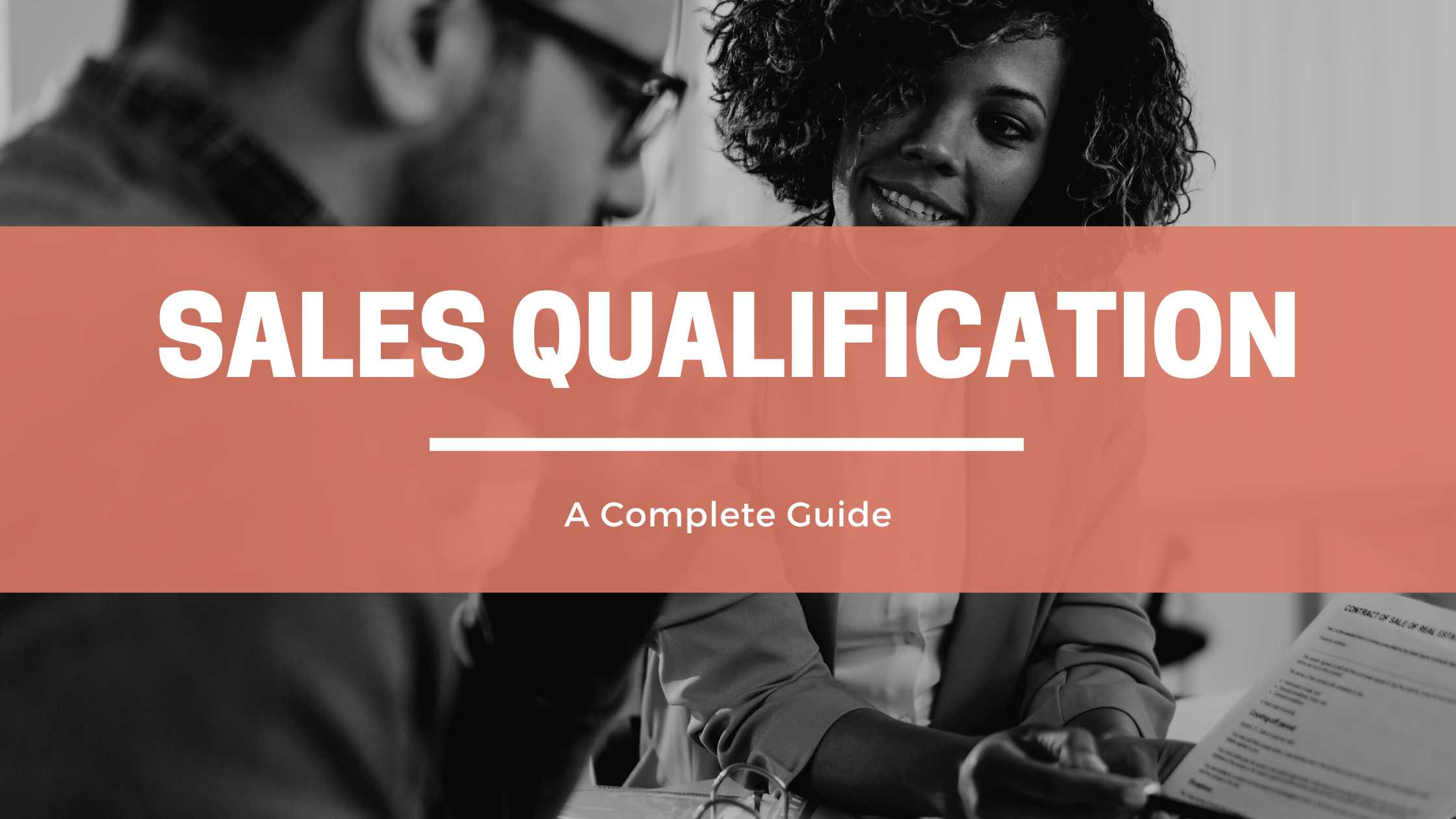Sales qualification is an essential step in the sales process that helps to increase sales and improve the overall efficiency of the sales process.
What is sales qualification?
Sales qualification is the process of determining whether a potential customer is a good fit for a company’s products or services. This typically involves identifying the customer’s needs and budget, as well as determining whether they have the authority to make a purchase.
What is an example of sales qualification?
An example of sales qualification might be a salesperson asking a potential customer about their company’s current IT infrastructure and budget for new technology. If the customer has a limited budget and outdated equipment, the salesperson may determine that their company’s products or services are not a good fit for the customer.
What is the importance of sales qualification?
The importance of sales qualification is that it helps a company to focus its sales efforts on the customers most likely to make a purchase, which can help to increase sales and improve the overall efficiency of the sales process. Additionally, by identifying and disqualifying customers who are not a good fit, sales teams can avoid wasting time and resources on unproductive sales efforts.
What is the benefit of sales qualification?
The benefit of sales qualification is that it helps a company to identify the best potential customers and focus its sales efforts on them. This can help to increase sales and improve the overall efficiency of the sales process by reducing the amount of time and resources spent on unproductive sales efforts.
What are the sales qualification methods?
There are several methods that can be used for sales qualification, including:
- Asking qualifying questions to identify the customer’s needs and budget
- Researching the customer’s company and industry
- Using lead scoring systems to assign a value to each potential customer based on their likelihood of making a purchase
- Qualifying the customer’s authority to make a purchase
What are the steps of sales qualification?
The steps of sales qualification typically include:
- Identifying potential customers
- Researching the customer’s company and industry
- Contacting the customer and asking qualifying questions
- Assessing the customer’s needs and budget
- Determining the customer’s authority to make a purchase
- Evaluating the fit between the customer’s needs and the company’s products or services
- Qualifying or disqualifying the potential customer as a sales opportunity.
What are qualification questions in sales?
Qualification questions in sales are used to gather information about a potential customer’s needs, budget, and authority to make a purchase. These questions are typically designed to help a salesperson determine whether a potential customer is a good fit for a company’s products or services. Some examples of qualification questions include:
- What are your current business needs?
- What is your budget for this project?
- What is your decision-making process?
- Who else is involved in this decision?
- What is the timeline for this project?
What are the types of sales qualification?
The types of sales qualification are:
- Needs-based qualification: Identifying the customer’s needs and determining whether the company’s products or services can meet those needs.
- Budget-based qualification: Identifying the customer’s budget and determining whether the company’s products or services are affordable.
- Authority-based qualification: Identifying the customer’s authority to make a purchase and determining whether they have the power to buy the company’s products or services.
- Fit-based qualification: Determining whether the customer is a good fit for the company’s products or services based on factors like industry, size, or location.
What is sales qualification strategy?
Sales qualification strategy refers to the overall approach a sales team takes to identifying, qualifying and closing sales opportunities. It typically includes a combination of research, qualifying questions, lead scoring, and other techniques to identify the best potential customers and focus the sales team’s efforts on them. The goal of a sales qualification strategy is to increase sales and improve the overall efficiency of the sales process.
What is pre-qualification in sales?
Pre-qualification in sales is the process of identifying and evaluating potential customers before reaching out to them with a sales pitch. This can involve researching the customer’s company and industry, as well as gathering information about their needs and budget. The goal of pre-qualification is to identify the best potential customers and focus the sales team’s efforts on them.
What is sales qualification skill?
Sales qualification skill refers to the ability of a salesperson to effectively identify and qualify potential customers. This includes being able to ask the right questions, listen actively, and use the information gathered to determine whether a potential customer is a good fit for the company’s products or services.
How to qualify a customer in sales
To qualify a customer in sales, a salesperson would typically follow these steps:
- Identify potential customers: Research the customer’s company, industry, and decision-making process
- Contact the customer and ask qualifying questions: Determine their needs, budget, and timeline for the project.
- Assess the customer’s authority to make a purchase: Identify who else is involved in the decision-making process.
- Evaluate the fit between the customer’s needs and the company’s products or services.
- Qualify or disqualify the potential customer as a sales opportunity.
- Based on the outcome, the salesperson can then move forward with the appropriate next steps, such as providing more information, offering a demonstration, or scheduling a follow-up call.
How to learn sales qualification
To learn sales qualification, one can follow these steps:
- Study best practices and strategies for sales qualification.
- Learn and practice the art of asking effective qualifying questions.
- Observe and learn from experienced salespeople in your company.
- Get feedback on your own sales qualification efforts and use it to improve.
- Take relevant training programs or classes, if available.
How do you measure sales qualification?
Measuring sales qualification can be done by tracking key metrics, such as the number of qualified leads, the conversion rate of leads to sales, and the overall efficiency of the sales process.
What is sales qualification target?
A sales qualification target is a specific goal that a sales team sets for themselves in terms of the number of qualified leads they want to generate or the conversion rate they want to achieve. It’s a way to measure progress and determine if the sales qualification efforts are on track.
What is sales qualification metrics?
Sales qualification metrics are the key performance indicators (KPIs) that are used to track and measure the performance of a sales team’s qualification efforts. These metrics can include the number of qualified leads generated, the conversion rate of leads to sales, the amount of time spent on qualification, and the cost of qualification. By monitoring these metrics, a sales team can identify areas where they need to improve and track their progress over time.
What is sales qualification KPIs?
Sales qualification KPIs (Key Performance Indicators) are metrics that are used to track and measure the performance of a sales team’s qualification efforts. These metrics can include:
- Number of Qualified leads: The number of leads that meet the criteria for a qualified lead.
- Lead-to-Opportunity Conversion Rate: The percentage of leads that are converted into opportunities.
- Sales Qualification rate: The percentage of leads that are qualified as a sales opportunity.
- Average Handle Time: The average time spent on qualifying a lead.
- Cost of Qualification: The total cost of resources spent on qualifying leads.
What are characteristics of a good prospect?
Characteristics of a good prospect include:
- A need for the product or service being offered.
- The ability to afford the product or service.
- The authority to make a purchase decision.
- A sense of urgency to buy.
- A good fit for the company’s target market.
What is the most effective way of prospecting?
The most effective way of prospecting can vary depending on the company and the industry. However, some common methods include:
- Networking and building relationships.
- Leveraging social media and other online platforms.
- Creating and sharing valuable content that attracts potential customers.
- Using targeted advertising and email campaigns to reach specific audiences.
- Researching and identifying potential customers through industry associations and trade shows.
- Referral from satisfied customer.
- Cold calling, although it’s not as popular as it used to be, yet it can be effective if done in the right way.
What is a typical sales process?
A typical sales process typically includes the following steps:
- Prospecting: Identifying and qualifying potential customers.
- Preparation: Researching the customer and their needs, as well as creating a sales pitch or proposal.
- Approach: Making initial contact with the potential customer.
- Presentation: Presenting the product or service and addressing the customer’s needs.
- Handling objections: Addressing any concerns or objections the customer may have.
- Closing: Asking for the sale and finalizing the transaction.
- Follow-up: Following up with the customer after the sale to ensure satisfaction and build a long-term relationship.
What is a sales qualification checklist?
A sales qualification checklist is a tool used by salespeople to evaluate and qualify potential customers. It typically includes a list of criteria that must be met before a lead is considered a qualified sales opportunity. Some examples of criteria that might be included on a sales qualification checklist include:
- The customer has a clear need for the product or service
- The customer has the budget to afford the product or service
- The customer has the authority to make a purchasing decision
- The customer is within the company’s target market
- The customer has a sense of urgency to buy
- The customer is a good fit for the company’s products or services
- The customer’s timeline for the project aligns with the salesperson’s goals.
Sales team can use a qualification checklist to ensure that they are focusing their efforts on the best potential customers and avoid wasting time and resources on unproductive sales efforts.

